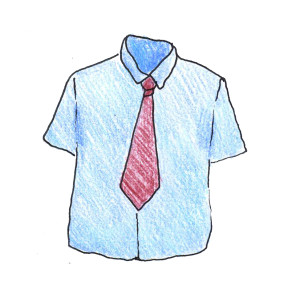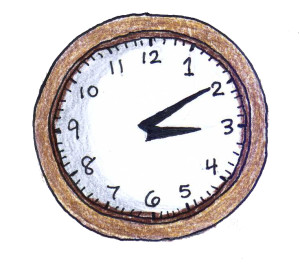Preparing for an interview may seem daunting. Unfortunately, we usually don’t get to see what we’ll be asked beforehand, but these tips might help.
Make a Good First Impression
First impressions heavily impact whether or not you seem like a good candidate for the position you want. Wear the proper attire for your interview, and keep in mind the expression, “dress to impress.”
A firm handshake and introduction will also help boost your first impression. Remember to follow through at the end of the interview by thanking your evaluator for his or her time with a handshake and a smile. Good impressions go a long way!
Practice Beforehand
Practice a few common interview questions so that you aren’t struggling for words or rambling on. Have a friend pose as the interviewer to create a more realistic setting, and try to keep your answers informative, but concise. Make sure you are projecting a calm, clear voice with good posture so that you maintain your image of confidence. It’s important to pace your answers and remember to breathe in between your responses.
Also, remember to smile and look your interviewer in the eyes. This way, you remain attentive and appear more receptive.
Be Prepared
Being prepared helps prevent any embarrassing situations from occurring and leaves a better overall impression. Keep in mind that punctuality is important to a successful interview, so try to get to your destination 10-15 minutes earlier; there’s no harm in being early. Stay on the safe side by printing a few copies of your resume to keep in your portfolio.
Be Confident
Interviews are based on how you present yourself and your qualifications. It’s extremely important to project how capable and responsible you are. Even if you’re feeling nervous, it won’t show unless you let it. Do a few small stretches and keep your tension level down. The interview will be what you make of it, so don’t let your nerves get in the way of what you can accomplish.
Avoid One-Worded Responses
Try to avoid giving one-worded answers in an interview. Instead, elaborate on your point with a few sentences that offer your interviewer a better understanding of the skills and talents you provide. However, try not to fill the silence with endless chatter. Instead, provide one specific example to end your response on a firm note.
Don’t Get Distracted
Turn off or silence your phone beforehand in order to eliminate the risk of distraction and keep your attention on your interviewer. This way, you’re more focused on the questions and less on the Snapchat you received.
Frequent Questions
Typical questions at interviews include, “Why do you want this position/job?” “Describe yourself in three adjectives” and “Who is your role model?”
“Be straightforward and as honest as possible,” Peer Listener Director Ms. Susan Hook said. “They can see through the baloney.”


